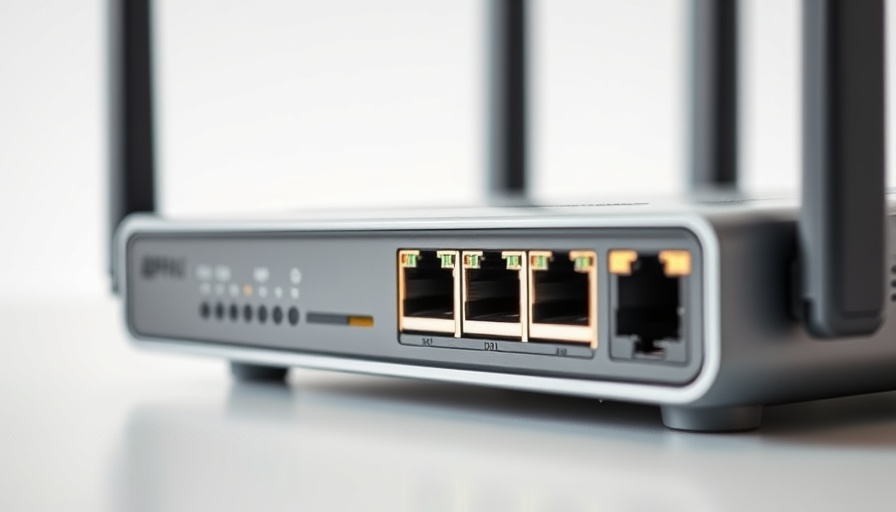
Stealthy Backdoors in Asus Routers: An Alarming New Threat
Thousands of Asus routers worldwide are succumbing to a sophisticated backdoor attack that allows unauthorized administrative access, which persists even through reboots and firmware updates. This alarming discovery was made by security researchers at GreyNoise, who have tracked approximately 9,000 compromised devices globally. The attackers exploit previously patched vulnerabilities, some of which evade traditional tracking methods like the Common Vulnerabilities and Exposures (CVE) system. Once they gain control, the intruders install a public encryption key for SSH access, enabling future logins without requiring additional interventions.
The Growing Trend of Cybersecurity Threats
This incident underscores a broader trend: the escalating sophistication of online security threats. In 2025, cybersecurity challenges have evolved to become more insidious, with attackers employing techniques that allow them to establish long-lasting control without leaving conventional traces. The GreyNoise report emphasizes that the activity observed could be part of a more extensive campaign with potential ties to a nation-state, raising concerns among cybersecurity experts.
AI’s Role in Cybersecurity Defense
The ongoing situation highlights the urgent need for enhanced digital security measures, particularly those powered by artificial intelligence. AI tools are at the forefront of developing automated defenses against cyber threats. For instance, AI can help in vulnerability detection, threat analysis, and the deployment of machine learning for enhanced security protocols. As these threats become more prevalent, the integration of AI in cybersecurity practices is not just beneficial—it's essential to protect sensitive data and maintain a secure online environment.
Taking Action Against Foreseen Threats
In light of this disturbing trend, users of Asus routers—and indeed all internet-connected devices—should take immediate steps to enhance their network security. Regularly updating firmware and employing robust cybersecurity AI solutions can help mitigate risks. Users are encouraged to stay informed about cybersecurity advancements and tools available for safeguarding their data against potential breaches.
With the ever-evolving cybersecurity landscape, understanding the implications of these threats and being proactive in defense strategies can make a crucial difference in maintaining online security.
 Add Row
Add Row  Add
Add 




Write A Comment